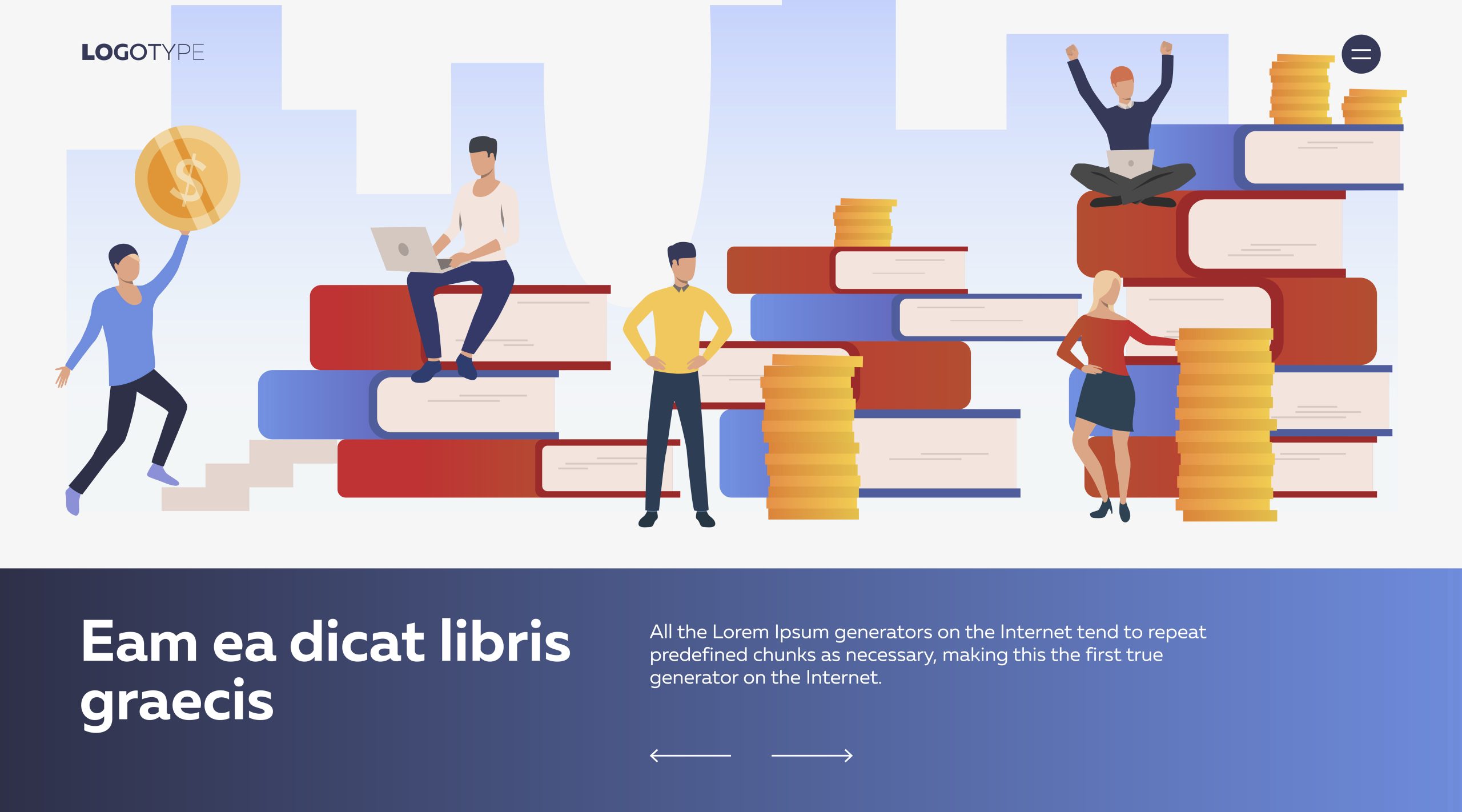
Profit from Pages: The Untold Value of Books
The timeless charm of flipping through pages and embarking on a literary journey. Nourishes our minds and invites a whole realm of tangible and intangible gains. We’ll delve into the depths of the book world, examining how reading can spawn incredible rewards. From fostering empathy and expanding one’s understanding of different cultures. Perspectives to improving cognitive skills, memory, and vocabulary, books serve as a gateway to personal growth and meaningful connections.
The subtle joy of visiting a quaint, musty-scented bookstore or the pleasure of cozying up with a hot beverage and a captivating read instills a calming, meditative effect that few modern luxuries can mimic. Beyond personal enrichment, books also play a vital role in fueling economies. They provide the foundation for authors, publishers, bookstores, libraries, and even professional services like proofreaders and editors to prosper. With an insightful and holistic approach, Profit from Pages aims to celebrate and highlight the untold value of books in shaping our intellectual and emotional landscapes and how they contribute to the world’s cultural and economic fabric.
How Books Boost Brain Function:
Reading books do more than entertain us; they profoundly impact our brain function and cognitive development. With every page, our brains are actively working, also interpreting the strings of words to form images, ideas, and emotions. This engagement stimulates brain connectivity, enhances neural networks, and improves cognitive skills.
One of the most significant benefits of reading is its remarkable effect on memory and concentration. When we engage in these processes, we’re giving our brains a comprehensive workout, strengthening our memory retention and attention span. Moreover, learning new words and concepts while reading helps expand our vocabulary and fosters better understanding. This continuous learning stimulates our brain, creating new neural pathways and strengthening existing ones. It’s similar to a “use it or lose it” scenario, where active reading helps maintain cognitive function while keeping our minds sharp and agile.
From a neuroscientific standpoint, reading is a complex task requiring multiple cognitive functions to work simultaneously. It’s an exercise that challenges our brains and enhances our mental flexibility. Regularly diving into books can help protect against cognitive decline and keep our brains fit and healthy. Consequently, reading books doesn’t just give us knowledge; it also significantly boosts our brain function.
A World Within Pages:
Books provide a window to new worlds, broadening our horizons and offering a wealth of knowledge at our fingertips. They transport us to places we’ve never seen, allow us to experience cultures we’ve never known, and introduce us to people we’d never met. A world within pages, indeed!
Reading about various cultures and perspectives, we develop a better understanding of the world, making us more open-minded, receptive, and empathetic. Reading about different socio-political environments or a protagonist’s adventure in a foreign land provides a rich global perspective that is otherwise impossible to garner.
A fascinating aspect of books is that they give voice to diverse cultures and communities, thanks to the growing field of professional ghostwriting services in the USA. By leveraging the skills of these talented writers, people previously unheard can share stories of their respective cultures, traditions, and experiences. This collaborative effort brings authenticity into literature and allows for a broader representation in the literary landscape.
Reading also bridges the gap between historical and contemporary societies as we unravel the beauty of different eras and their impact on today’s world. An immersive reading experience gives us a sense of belonging, connecting us with people from varied backgrounds and generations. Ultimately, books provide us a passport to the world without ever leaving our homes, demonstrating the incredible power held within their pages. The diversity they bring to our lives is unparalleled and truly enriching.
The Economic Ripple Effect:
Books undeniably influence the economy, creating a cascade effect stretching numerous sectors and industries. This economic ripple effect stems from the various stages of a book’s life cycle, from its creation, facilitated by authors, editors, and professional services, to its distribution and consumption. The publishing industry, comprising both traditional and self-publishing, represents a substantial economic sector. Moreover, It generates employment opportunities for writers, editors, designers, printers, and marketers, fostering income and growth. Physical bookstores and online retailers contribute to the economy, providing numerous jobs in sales, inventory management, and logistics.
Libraries and literary events, including book festivals and author tours, drive local economic stimulation by attracting audiences and generating revenue. These shared spaces and circumstances also contribute to the local cultural vibrancy, often supporting small businesses, such as cafes and street vendors, in the process.
How to Earn Income with Books:
Books are sources of wisdom and entertainment and opportunities to generate income. By tapping into the world of books, you can explore various avenues to monetize your literary passion. Here are some ways to earn with books:
- Write and sell your books: Tap into your creative side and author a book. If you’re unsure where to begin, an online book writing company can also help guide you through the process, providing support from outlining to manuscript development.
- E-book publishing: Digital publishing allows you to self-publish your work without high upfront costs. Harness popular platforms like Amazon Kindle Direct Publishing to reach global readers and monetize your content.
- Freelance writing and editing: Offer your expertise in writing, proofreading, and editing to authors and publishers, earning income by helping them create compelling content and refine their manuscripts.
- Affiliate marketing: Promote your favorite books through blog posts or social media channels and earn commissions by joining affiliate programs like Amazon Associates.
- Create and sell online courses: Utilize your domain knowledge gained through extensive reading to create online courses and resources. Furthermore, Platforms like Teachable and Udemy make it easy to monetize your expertise.
Preserving Knowledge:
Books have always played a crucial role in preserving knowledge. They act as vessels, carrying information, stories, cultures, and ideas across time and space, becoming timeless human thought and experience repositories. In the digital information age, printed and digital books safeguard intellectual heritage and pass it down from generation to generation. They serve as physical proof of our civilization’s achievements, failures, dreams, and insights. While, Beyond being a source of leisure and education, books play a monumental role in cultural preservation, bearing the wisdom of the past and shaping the understanding of future generations, thus culminating in a continuous evolution of knowledge.
Conclusion:
In conclusion, the value of books extends far beyond the sheer pleasure of reading. Readers can also enhance brain function, foster empathy and understanding through diverse perspectives, and drive economic growth. Furthermore, they are critical in preserving knowledge and cultural heritage for future generations.
Altogether, From the numerous opportunities to earn income through writing, selling, and promoting books to those facilitated by book writing. Lastly, The potential to profit from pages is boundless and multifaceted. Igniting creativity, fostering innovation, and connecting humanity, books are genuinely invaluable assets that shape our world, enrich our lives, and propel us toward a brighter future.




